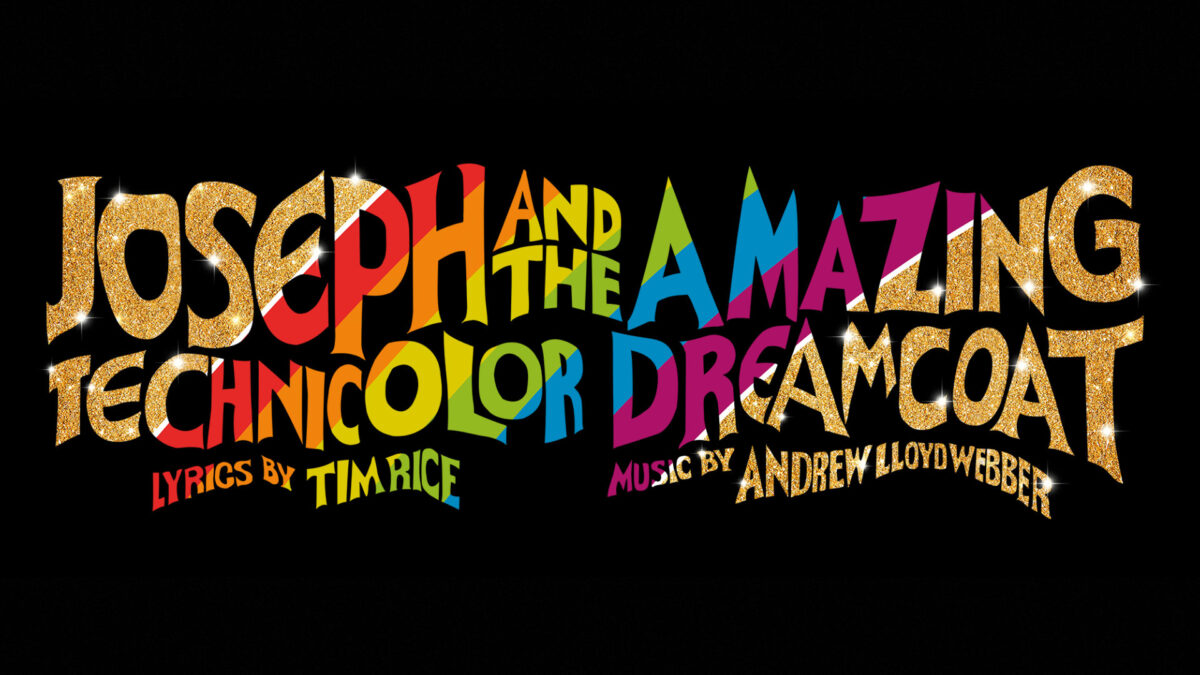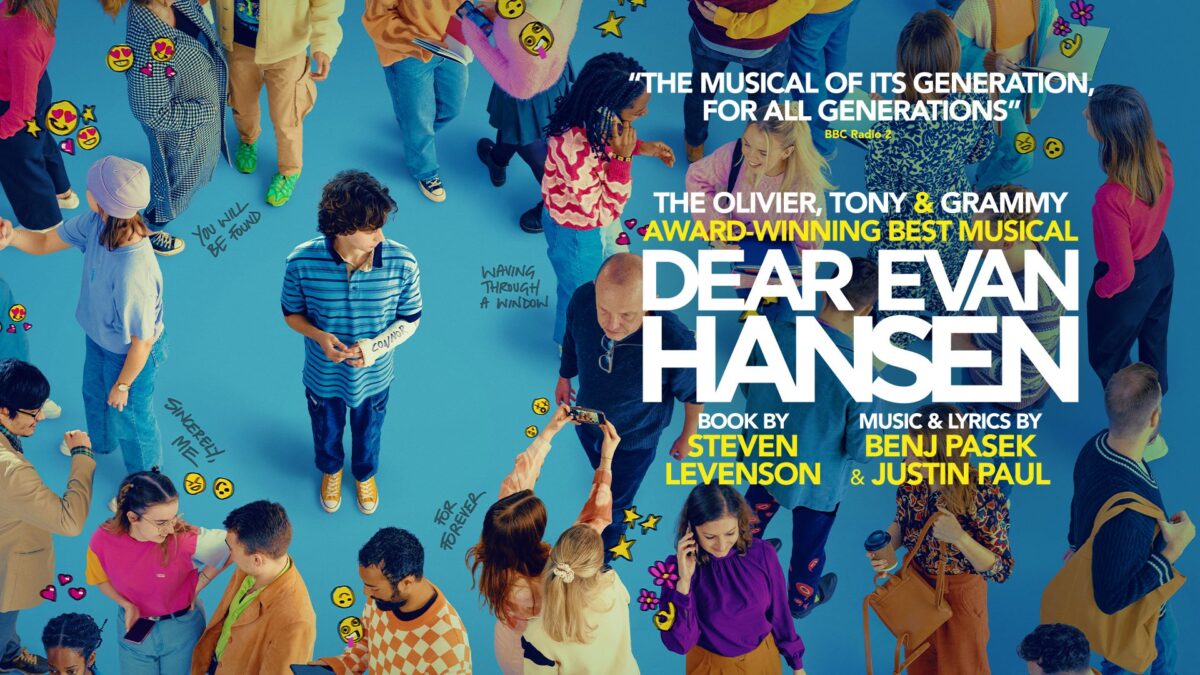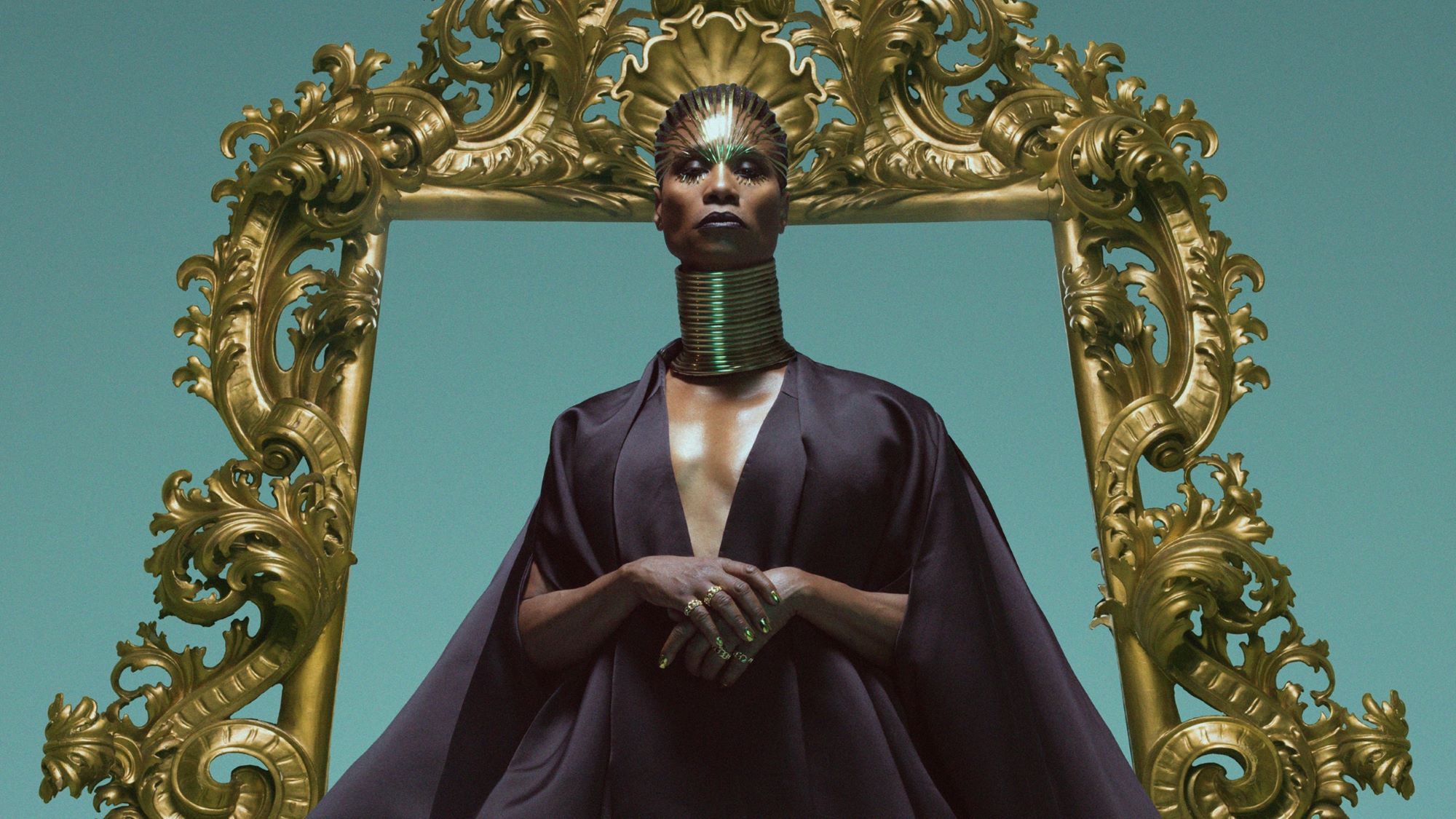Shakespeare’s Globe’s Richard III casting controversy explained

This week Shakespeare’s Globe has come under fire for the casting in its upcoming production of Richard III.
The Globe announced its 2024 summer season last week, featuring a production of Richard III with the Globe’s Artistic Director, Michelle Terry, in the title role.
The decision has come under fire from many both within and outside the theatre community.
It’s known that the real Richard III experienced scoliosis (a curvature of the spine) throughout his life. In Shakespeare’s play, an opening soliloquy from Richard shares with the audience his self-perception as an “unfinished,” “deformed,” “unfashionable” figure.
The role is therefore often cast with a disabled actor and the casting of an able-bodied person in the role is the source of the controversy.
An open letter to the Globe
In an open letter shared on social media, campaign group Disabled Artists Alliance wrote: “Members of the disabled community and allies from across the theatre and arts industry are outraged and disappointed by the casting of a non-physically disabled actor in this role, and the implications it has for not only disability, but the wider conversations surrounding it.”
They continued: “To see The Globe announce this casting within this production is shocking. His disabled identity is imbued and integral to all corners of the script. The production cannot be successfully performed with a non-physically disabled actor at the helm, steering the complex and vitally important narrative.”
The letter concluded: “Disability is a protected identity that is often disrespected, ignored, and adopted by outsiders for artistic purposes. After the incredible hardship that we have suffered over the last few years that has seen rights stripped away by this government, leaving our community depleted, tired, and forgotten, it is more important than ever to stand with us and work harder to implement more inclusive working practices and casting ethos.”
The Globe and Michelle Terry’s response
In response to the criticism, the Globe and Michelle Terry put out their own statement.
The Globe said: “We are committed to developing a culture of care, empathy, equity, conversation, and accessibility across all our work at Shakespeare’s Globe and are keen to ensure communication remains open and careful as we keep this complex and vital conversation going both with our artists and our audience. We have been in personal conversation with many people, and anyone who has reached out to us, we have met with in the last few days.
“We will continue to be in dialogue directly with our artistic communities over the coming months and will be hosting conversations with further information on these to be announced in due course.”
Meanwhile Terry began: “I want to acknowledge any pain or harm that has been caused by the decision for me to play Richard III and I hope to provide some context as to how that decision has been made. All programming and casting decisions across all seasons are made as consciously and rigorously as they possibly can be, and always in dialogue with members of our many communities.”
She shared: “I will not alter my physicality to explore it. I will not be playing Richard with a visible or physical impairment, and we will frame this production in such a way as to make it very clear the lens through which this interpretation is being explored.
“This production does not equal a permanent revision of the play or the eternal erasure of the character’s impairment, or a rewriting of a historical figure. I acknowledge that for many, Richard III is an iconic disabled figure. I understand that this feels like a missed opportunity for a disabled artist to play a disabled character on a major UK stage, but it will come around again.”
More on: Shakespeare's Globe Musical Theatre News












